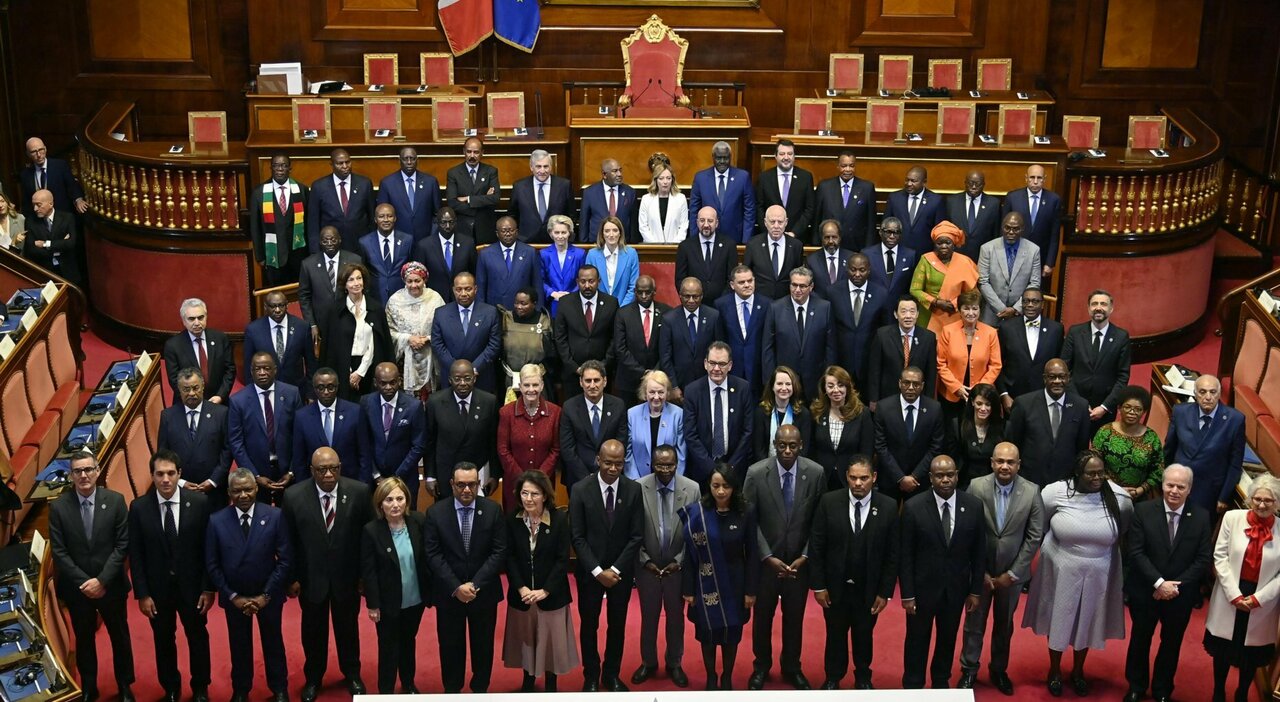Italy-Africa, Ridolfi ‘promotes’ the Mattei Plan: ‘It’s a good start, but NGOs are also needed to move forward’

31.01.2024
“The good news, from my point of view, is that for a start there is a Mattei Plan. And it was not taken for granted. The second is that this Plan and this Summit have created very high expectations, and not only on the part of the African countries: this was not taken for granted either, given the precedents. Then, of course: the Mattei Plan represents a framework and is only the beginning, the content is all to be written. And it will have to involve not only civil society, because if you want to do something right in Africa, you have to know it, and no one in Italy knows it like our 40,000 cooperators; but small and medium-sized enterprises must also be involved, until now the real absentees, because they are our real economic force, and not just the giants like ENI or Enel. So composite and rich in multiple experiences is the Italian Third Sector – as has always been known – as multiple are its voices. And so on the Mattei Plan and the relative Italy-Africa summit, this is the comment of Roberto Ridolfi, former European Union ambassador to Uganda – among other things – and today president of LINK 2007: a coordination network that currently groups together sixteen of the most important Italian NGOs, from Amref to Cesvi, from Intersos to Doctors with Africa Cuamm. And his assessment of the Rome Summit, despite the reservations expressed by several quarters both on the piggy banks from which to take the 5.5 billion lire set aside and on the Third Sector’s so far scant involvement in the debate, is anything but negative.
“Well, one premise I have to make,” he says, “and it consists of remembering that the root of the Mattei Plan dates back to 2017 and is the one I had written for the European Union, although it has another name: so I am at least a bit of a party to it. Today, an important novelty is that this was born as an operation of the Presidency of the Council, not of a Ministry. Which in itself represents a strong commitment. Having said that, it is clear that, from my point of view, if you want to engage the leaders of African countries, you have to talk to them first about business, investment, jobs. And it is with jobs that you build what Pope Francis has very effectively called the ‘right not to migrate’. Then it is a matter of transforming investment into action on the ground. And on this the involvement of civil society, I repeat, is not only opportune: it is indispensable, necessary’. Examples? “Suffice it to say that many local governments trust NGOs, in many cases Italian ones, more than institutional interlocutors. Even among the members of Link 2007 alone, I could mention Doctors with Africa Cuamm, to which Uganda has entrusted the management of two public hospitals. A third has entrusted it to Fondazione Corti’.
Ridolfi continues: “There are three pillars on which the next steps of the Plan must be built. The first is development bank guarantees, because investments are needed, and on this point too, we must be clear: 5.5 billion for a continent like Africa is little, very little. But if companies, with their projects, know how to use them as leverage, they will be able to multiply them by a lot, attracting further investment and financing, especially at the European level’.
And again: ‘The second pillar is civil society. Because only those who work on the ground know it. And we as cooperators, Italians and Africans together, know it better than anyone. The third pillar is called dialogue. Not surface, but structured and deep. The Plan, as I said, is still to be written in its contents. And the key word is that it must be done “with” Africa, not “for” it. Ideas and proposals must above all come from the countries. With a guiding element that, again I have already said this but I will say it again, must be the creation of jobs: not jobs as long as they are, but decent and sustainable jobs. That is, paid the right amount and capable of standing. A first step has been taken, now it is a question of continuing’.
The interview was published in the Corriere Buone Notizie HERE
